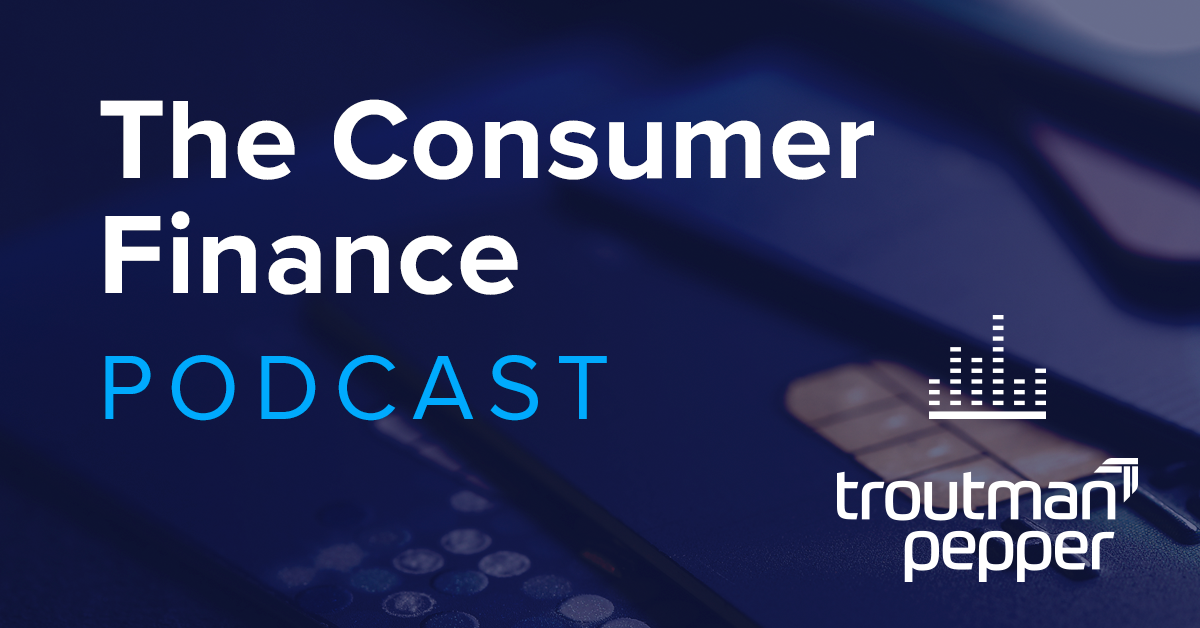The U.S. Supreme Court has been asked to decide whether a homeowner association (HOA) assessment constitutes a “credit transaction” under the Fair Credit Reporting Act (FCRA), which would open up an inquiry to the fundamental scope of one of the FCRA’s most important permissible purposes.










